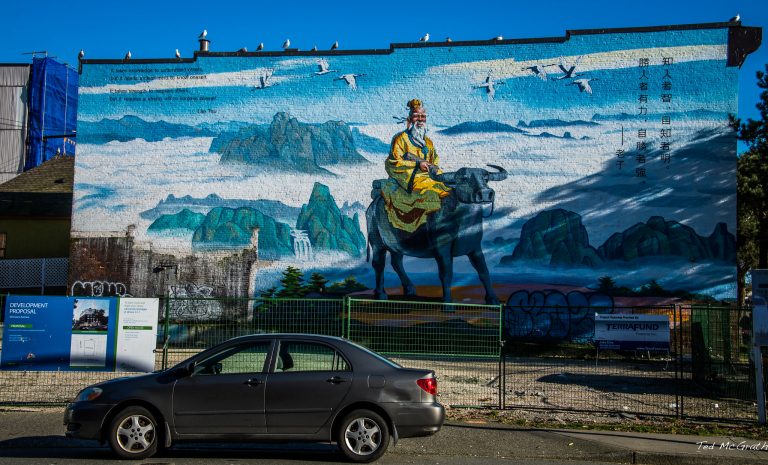The number of Hong Kong residents moving to Canada has increased recently amid the changes in the political climate affecting the Chinese administrative region. The erosion of democracy in Hong Kong has prompted Canada to offer pathways to residency and citizenship to Hong Kong residents looking to resettle abroad.
Historical waves of Chinese immigration to Canada
The Chinese population in Canada was relatively small before 1947, when the 1923 Chinese Immigration Act ended. That Act was similar to The Chinese Exclusion Act in the U.S. that barred Chinese from entering the country, except that the Canadian Act was an exclusion of Chinese women. Chinese immigration to Canada remained low until the late 1960s. Then, waves of Chinese migration to Canada began due to varying political conditions in different territories, including Hong Kong, Mainland China, and Taiwan.
The bulk of Chinese immigrants that came to Canada between 1968 and 1994 were from Hong Kong (68%), although that trend changed in the mid-1990s, when more Mainland Chinese residents moved to Canada.
Historically, political conditions in the territories of China have had a significant impact on migration. In 1978, the open-door policy was implemented in the mainland to encourage growth of the market economy. This led to Hong Kong’s economic boom, as residents made investments to move factories into China to benefit from cheap labor and land cost.
In 1984 the UK finalized the agreement for the 1997 handover of Hong Kong to China under the one country two systems policy, where Hong Kong was to be ruled under independent governance as a territory of China. Later that decade, in 1989, the Chinese Communist Party crushed the pro-democracy movement led by university students in Beijing at the Tiananmen Square Massacre.
Current conditions of Hong Kong migration

Success
You are now signed up for our newsletter
Success
Check your email to complete sign up
Recent changes to the political climate in Hong Kong are prompting many residents to shift funds from domestic banks to those in Canada. Reuters has reported the amount transferred from Hong Kong to Canadian banks, as reported by FINTRAC, has risen to record levels in 2020.
FINTRAC, which is Canada’s anti-money laundering agency, has been keeping records of transfers of funds over C$10,000 since 2012. In 2020 $34.8 billion was transferred from Hong Kong to Canada, and this figure does not include amounts under C$10,000.
The number of Hong Kong residents applying for Canadian Visas has increased 10 percent in 2020 to 8,121 applicants. The increase follows measures implemented by Beijing that undermine the independence of the territory. Millions of Hongkongers took to the streets in 2019 to protest a law that criminalizes acts of “subversion of state power, secession, terrorism, or foreign interference.” The widely criticized “National Security Law’ (NSL) was enacted into law in 2020.
Pathway to Canadian residency
Several programs in Canada are making it easier for Hong Kong residents to move to the country. One program is currently allowing students from Hong Kong, who have graduated in the past five years from a Canadian University or equivalent educational institution, to apply for a work permit lasting three years. The permit can then be followed with an application for residency and eventually citizenship.
Two additional programs will be rolled out by Canada to allow Hongkongers to reside in Canada. One will allow for individuals with at least one year of work experience, proficiency in English or French, and meeting the educational standards to apply for residency. The other will allow those who have graduated from a Canadian post-secondary school, including university and technical college, to apply for residence regardless of when the graduation date occurred.













